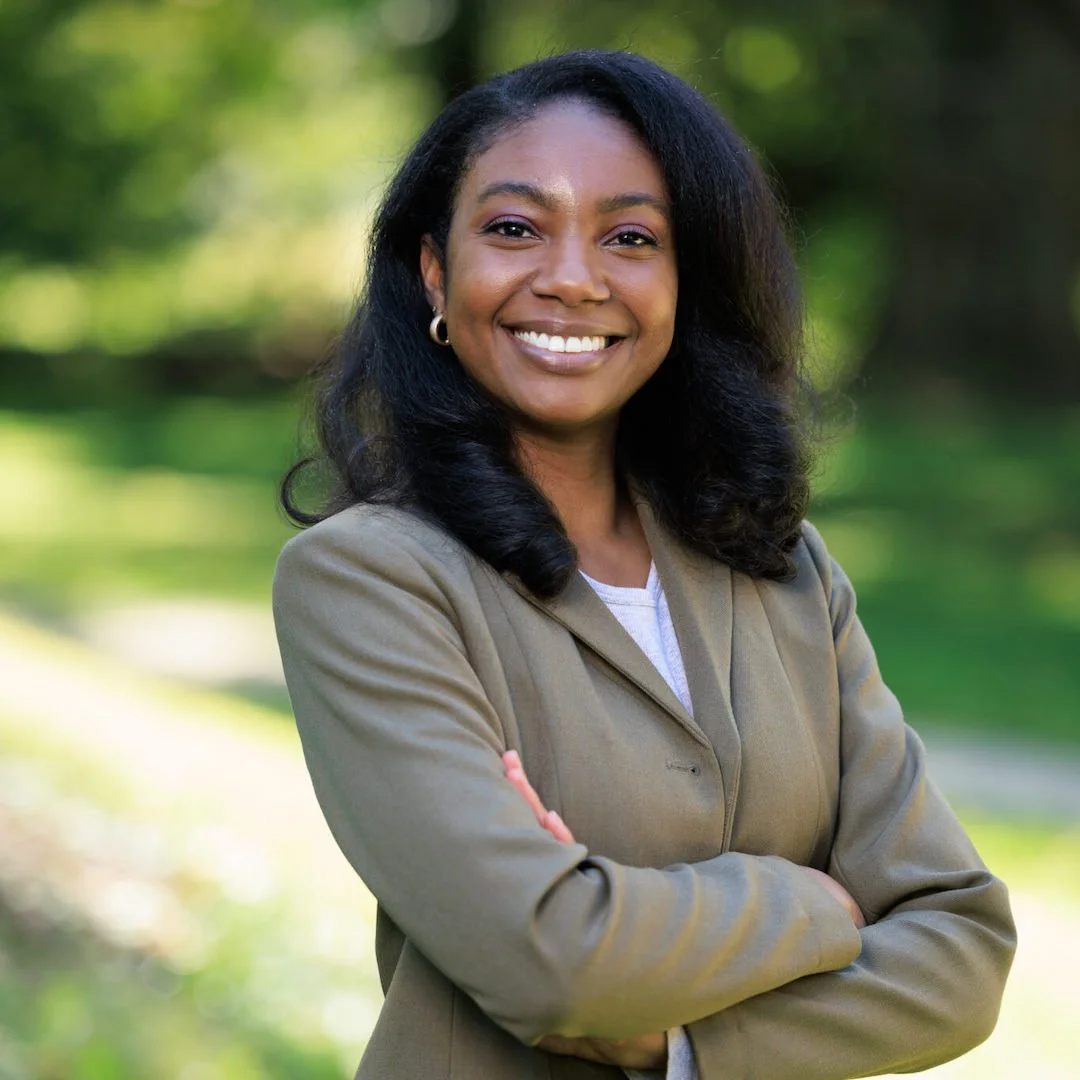Paris Severino
SOFT salon was envisioned by entrepreneur and cosmetologist Paris Severino in 2017. After noticing that the blow-dry salon concept neglected the unique needs of women with textured hair, Paris dedicated herself to changing this reality, centering women with textured hair in her business model.
read moreRelying on her cosmetology training at the Aveda Institute in Washington, D.C., and her years of experience in business operations, marketing & brand management — Paris mapped out her ideas on a whiteboard in her Bed-Stuy apartment and created SOFT, a sanctuary for busy executives, work-at-home moms, and everyone in between.
Dr. Tia JacksonBey, MD, MPH
Dr. Tia Jackson-Bey MD, MPH is a board-certified reproductive endocrinologist, infertility specialist, and obstetrician-gynecologist who cares for patients at RMA of New York’s Brooklyn office.
read moreDr. Tia is passionate about reproductive justice and increasing access to fertility care for all. Dr. Jackson-Bey is a talented surgeon and dedicated fertility expert focused on fertility preservation, IVF success, and great patient outcomes. Dr. Tia is the co-host of the MD Girlfriends Experience podcast, where she shares her wealth of knowledge about women’s health with the world.
Lariah Edwards, PhD
Dr. Lariah Edwards is an Associate Research Scientist in the Department of Environmental Health Sciences at Columbia University Mailman School of Public Health and Assistant Director of Agents of Change in Environmental Justice. Dr. Edwards’ research focuses on understanding the health effects and addressing exposure disparities to hormone-altering chemicals commonly found in consumer and personal care products.
read moreAs part of this work, she collaborates with WE ACT for Environmental Justice on its campaign to educate consumers about the dangers of toxic beauty products. Dr. Edwards also draws on her experience in the areas of chemical policy and regulatory applications and science communication as she feels addressing exposure disparities requires a multidisciplinary approach.



